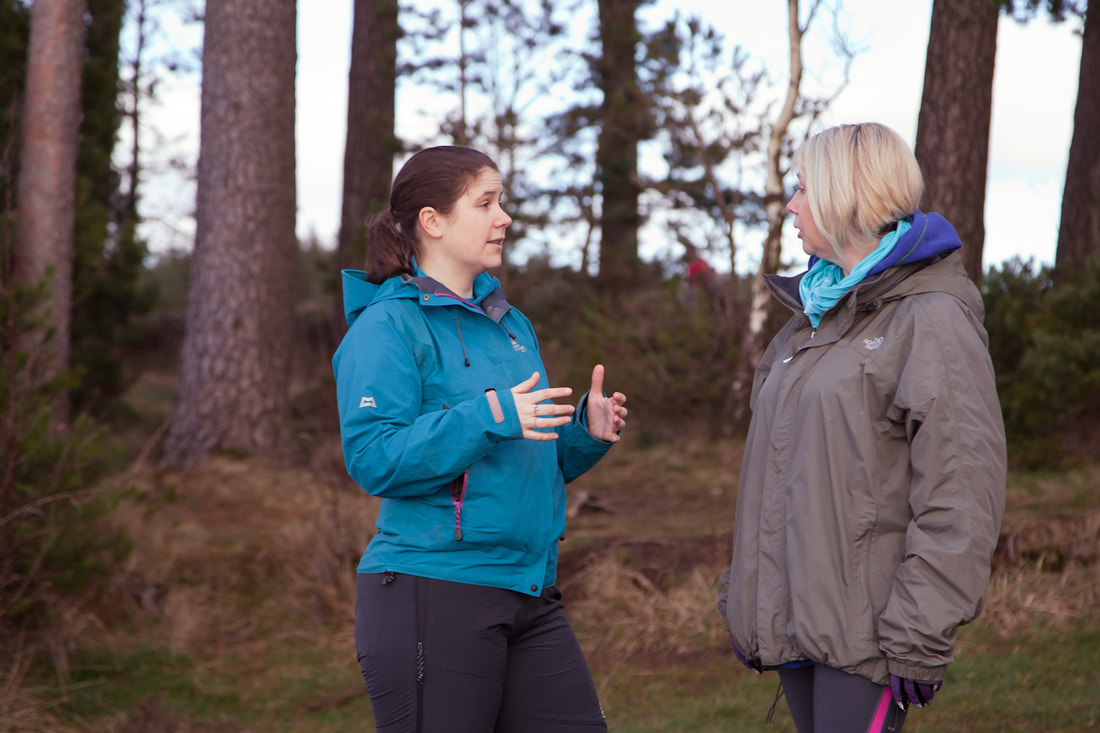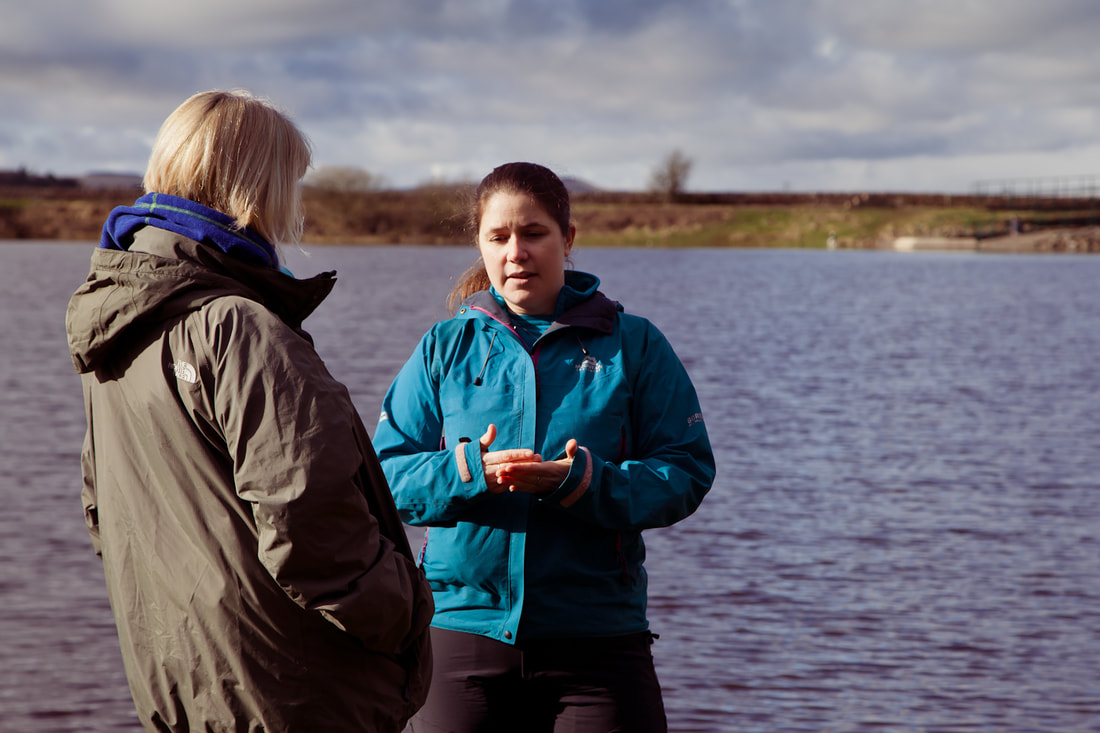Coaching is the skill of helping someone to change something. And more specifically, helping them to change something that they can’t, or haven’t, changed by themselves.
In additional to professional coaches, those that get paid money to coach, many people also act as coaches in their working life to direct reports or colleagues, and in their home life to children, friends and partners. Some will also have a hobby that involves coaching others, such as sports, arts, or music.
This blog explores why NLP is the perfect skill set for professional coaches.
So What Is Coaching?
Just look at the success of Nancy Kline’s Time to Think method, which I studied on my NLP Master Practitioner – in this method, a coach might only ask one or two questions in an hour’s session and some or all of the session might be conducted in silence!
Even this approach takes the impressive skill of building rapport quickly to enable the client to feel comfortable, trusting, open and honest.
While lots of other coaching qualifications will cover great models and theories, not many spend time and energy looking into the science of building rapport, the differences between shallow and deep rapport, how to increase rapport ethically, and with an intention of building a deeper connection and safe space for your client (and certainly not for manipulation, as can be taught on some sales courses!)
Learning how to build effective rapport to a deep level is at the heart of NLP as a field of study and is covered from Day 1 of the course.
On top of providing time, connection and a safe space, a good NLP coach is doing a number of things:
- Helping their client to think differently about their situation
- Helping their client to break down limiting beliefs
- Helping their client to brainstorm ideas and /or narrow down ideas
- Providing accountability
I’ll explore each one below.
1. Helping Your Client to Think Differently About Their Situation
- considering someone else’s point of view
- using a model or structure to organise their thoughts
- using techniques to extend their thoughts beyond what they’ve already thought of – further into the future, or beyond initial resolution of problem.
- realising a connection between seemingly separate thoughts or situations, which may be where the solution lies
- reframing negatives into positives, and occasionally, ideology into reality
2. Helping Your Client to Break Down Limiting Beliefs
These beliefs have a positive intention to keep us safe and operating in our comfort zone. But in reality, they put boundaries and limitations on what we can achieve, or how we experience life, and often result in us discounting an opportunity or solution before we’ve even given it a chance. In many instances, they make us unhappy.
Examples of limiting beliefs are:
- You can’t trust anybody
- You have to be manipulative to be good at sales
- I’m not good at speaking to audiences
- I’ll never be a runner
- You’ll only be successful if you work really long hours
- I need to be in a relationship to be happy
- I’m not good enough to do…XYZ
- I don’t deserve happiness
A good NLP coach can support a client to:
- Realise the belief is just a belief….it’s not the truth
- Install a new, more empowering belief
- Overcome whatever inner chatter is holding them back
- Work with the client’s unconscious to break down the false belief
- Build confidence and resilience
- Increase motivation
- Find a model of excellence – someone who has done or achieved something similar, that the client can use as inspiration and proof it can be done
3. Helping Your Client Brainstorm Ideas And/Or Narrow Down Ideas
Yes, finding one solution is a great outcome. Even better is to identify a choice of solutions, so that the client feels empowered to pick the ‘best’ solution, and know that there are other positive outcomes if Plan A doesn’t work out.
I often work with my clients to get to a point where whichever option they choose, the outcome is a desirable one. It takes the pressure off to find the ‘only,’ or ‘perfect,’ solution, knowing that actually, any of the options you pick are a good way to go.
On the flip side, suffering from TMIS (Too Many Ideas Syndrome) can be paralysing in its own way. Having so many options that it feels impossible to choose between them, or to narrow down the choice is overwhelming and equally makes you feel stuck.
A good NLP coach can help by:
- Exploring a client’s personal values to pinpoint exactly what is important to them
- Use an idea-generation tool to come up with as many options as possible (without getting limited by assessing the options for desirability or achievability.)
- Using a technique such as the Decision-Making Compass to decide between two or more options
4. Providing Accountability
There are those that promise themselves that they will do something, and promptly go off and do it. These people are Internally Accountable, and answer only to themselves. The fact they have committed to themselves to do something means it is done.
However, a lot of the population are Externally Accountable. This means that committing to themselves is not enough – tasks just simply don’t get done, or someone else’s agenda takes priority over your own. These people need to talk their goals and actions out loud, and commit to another person that they will do something, and know that the other person will follow up and challenge them if they don’t do it.
A good NLP coach can provide an excellent accountability partner by following up on the actions that the client commits to, and helping to troubleshoot and problem solve, if it doesn’t happen. Of course, sometimes life genuinely gets in the way of us doing what we said we would, but a good coach can help sort out the excuses from the genuine reasons, and work with whatever deeper is holding you back from achieving what you said you wanted to.
Why NLP is the Perfect Skill Set for a Professional Coach
If you’d like to learn more about NLP and add it to your coaching skill set, take a look at:
NLP Diploma - a 4-day course covering all the skills you need to start coaching, or revisiting the foundations of coaching skills
NLP Practitioner. - a 16-day course full of tools, techniques and models, as well as ways to use your language, with purpose, for different outcomes.
Or simply Contact Us to explore your options.




 RSS Feed
RSS Feed